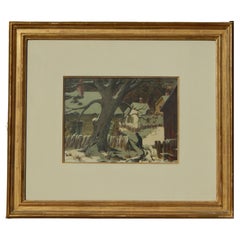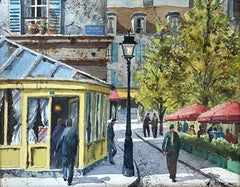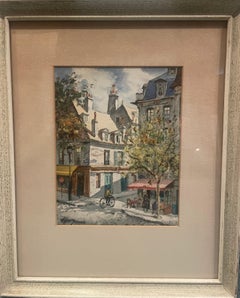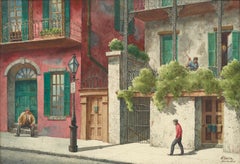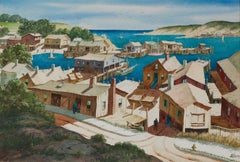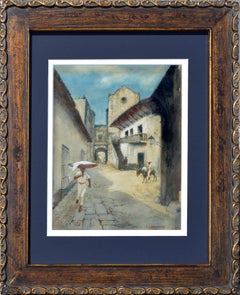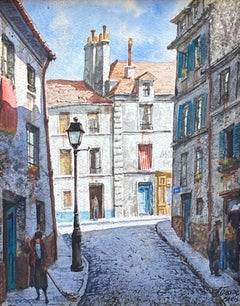Henry Martin Gasser Art
1940s Henry Martin Gasser Art
Paint
1960s Post-Impressionist Henry Martin Gasser Art
Watercolor, Archival Paper
Mid-20th Century Henry Martin Gasser Art
Watercolor
20th Century Henry Martin Gasser Art
Watercolor, Gouache
1950s Henry Martin Gasser Art
Watercolor, Archival Paper, Pencil
20th Century American Modern Henry Martin Gasser Art
Paper, Watercolor, Gouache
20th Century Henry Martin Gasser Art
Watercolor, Gouache
1950s Henry Martin Gasser Art
Watercolor, Archival Paper, Pencil
Mid-20th Century Modern Henry Martin Gasser Art
Oil, Board
Mid-20th Century Henry Martin Gasser Art
Canvas, Oil
20th Century American Modern Henry Martin Gasser Art
Paper, Watercolor
20th Century American Modern Henry Martin Gasser Art
Oil, Panel
20th Century American Modern Henry Martin Gasser Art
Canvas, Oil
1930s American Impressionist Henry Martin Gasser Art
Paper, Watercolor, Gouache, Pencil
Early 20th Century Abstract Henry Martin Gasser Art
Watercolor, Rag Paper, Pencil
Early 20th Century Abstract Henry Martin Gasser Art
Watercolor, Rag Paper, Pencil
2010s Surrealist Henry Martin Gasser Art
Paper, Watercolor, Graphite
17th Century Rajput Henry Martin Gasser Art
Gold
1940s American Modern Henry Martin Gasser Art
Gouache
Early 20th Century Abstract Henry Martin Gasser Art
Watercolor, Rag Paper, Pencil
18th Century Rajput Henry Martin Gasser Art
Gold
2010s Impressionist Henry Martin Gasser Art
Ink, Acrylic, Watercolor, Color Pencil, Mixed Media, Handmade Paper
1950s American Modern Henry Martin Gasser Art
Watercolor, Gouache, Handmade Paper
20th Century Henry Martin Gasser Art
Pastel, Gouache
1930s American Modern Henry Martin Gasser Art
Gouache, Oil
1960s Post-Modern Henry Martin Gasser Art
Watercolor, Gouache, Archival Paper
1940s American Realist Henry Martin Gasser Art
Paper, Watercolor, Gouache
20th Century American Modern Henry Martin Gasser Art
Charcoal, Gouache
1950s Impressionist Henry Martin Gasser Art
Watercolor
1950s Impressionist Henry Martin Gasser Art
Watercolor
1950s Post-War Henry Martin Gasser Art
Watercolor, Gouache
1940s American Realist Henry Martin Gasser Art
Paper, Casein, Gouache
1940s Impressionist Henry Martin Gasser Art
Watercolor, Gouache
1940s American Realist Henry Martin Gasser Art
Paper, Gouache, Casein
20th Century American Modern Henry Martin Gasser Art
Watercolor, Paper, Gouache
1940s Impressionist Henry Martin Gasser Art
Canvas, Oil
20th Century American Modern Henry Martin Gasser Art
Paper, Watercolor, Gouache
